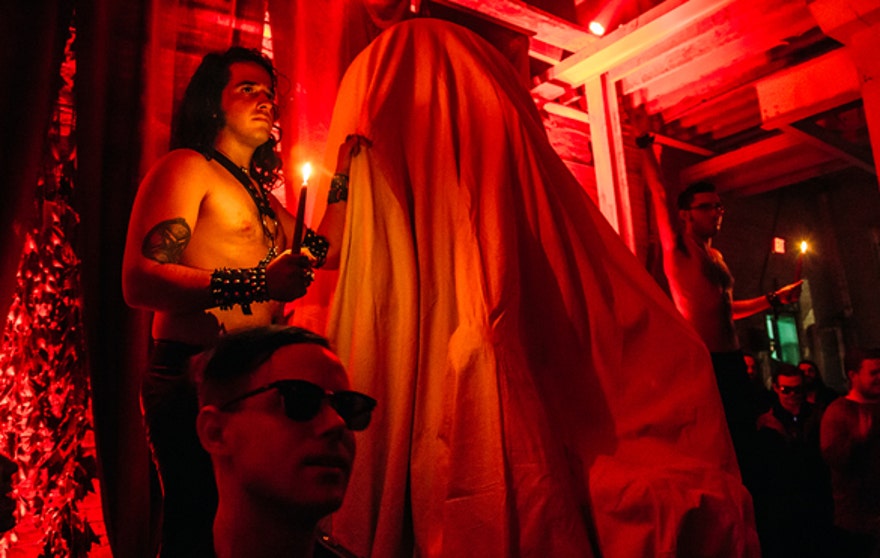Such a move, however, could have a chilling effect on freedom of expression in Canada and would not necessarily contribute to effectively fighting domestic extremism, according to legal experts.
The new bill, which could also include provisions for expanded police powers, was promised by the federal government in the weeks following the October attacks in Quebec and Ottawa that left two members of the Canadian Forces dead.
Justice Minister Peter MacKay suggested that the measures would, among a host of other consequences, allow authorities to target materials that may be contributing to the radicalization of Canadians, particularly online.
The new bill, however, is largely a knee-jerk response to October’s attacks and Canada already has the necessary laws on the books to pursue and prosecute people promoting hatred or inciting violence, says Kent Roach, a professor at the University of Toronto who specializes in constitutional and terrorism law.
“The government has the burden before they introduce new laws to demonstrate why it’s not possible to prosecute these kinds of offences under existing Canadian law,” he says.
“There’s a real danger when we make laws in reaction to events with the assumption that those laws will help prevent tragedies from happening again.”
Government officials have repeatedly stated that any new legislation would be drafted in accordance with the Charter of Rights and Freedoms and will not infringe on freedom of expression and religion.
'Glorification' offences
Similar legislation criminalizing the "glorification" of terrorist acts exists in several European countries, and MacKay said last year that the government was reviewing specific laws in the U.K. as a possible template.Earlier this month, Roach co-authored a working paper with Craig Forcese, an associate professor of law at the University of Ottawa, that analyzed the prospect of a Canadian law targeting glorification of terrorism offences.
'Sometimes these things can become wins for extremists and terrorists. They are trying to provoke further attacks and if the response reinforces their perspective on the state of the world, then it ends up helping their cause.' - Scott Stewart, VP of tactical analysis at StratforPushing the limits on what kinds of speech are considered criminal may put a "chill" on the dialogue around terrorism, they wrote, particularly in communities where discussing the issues around radicalization and extremism is most critical.
"There are at least two concerns about speech chill: will people not talk about controversial topics because they’re worried about being charged under a new offence? And second, will it drive potentially radicalized individuals further underground?" says Roach.
When people don’t feel free to talk about the political, religious and ideological elements of extremism, Canadian society won’t be able to address the underlying forces that drive people toward radicalization and, in some cases, to acts of violence, says University of Waterloo sociology and legal studies professor Lorne Dawson.
'It's silencing'
Dawson does extensive research within communities dealing with radicalization. He says many people are already reluctant to speak openly about the subject."If we expand our laws, it will stoke the fear that people are susceptible to prosecution just by the suggestion that that they may empathize in part with the world view of people that are considered terrorists, but they themselves would never do anything violent or hateful," says Dawson.











